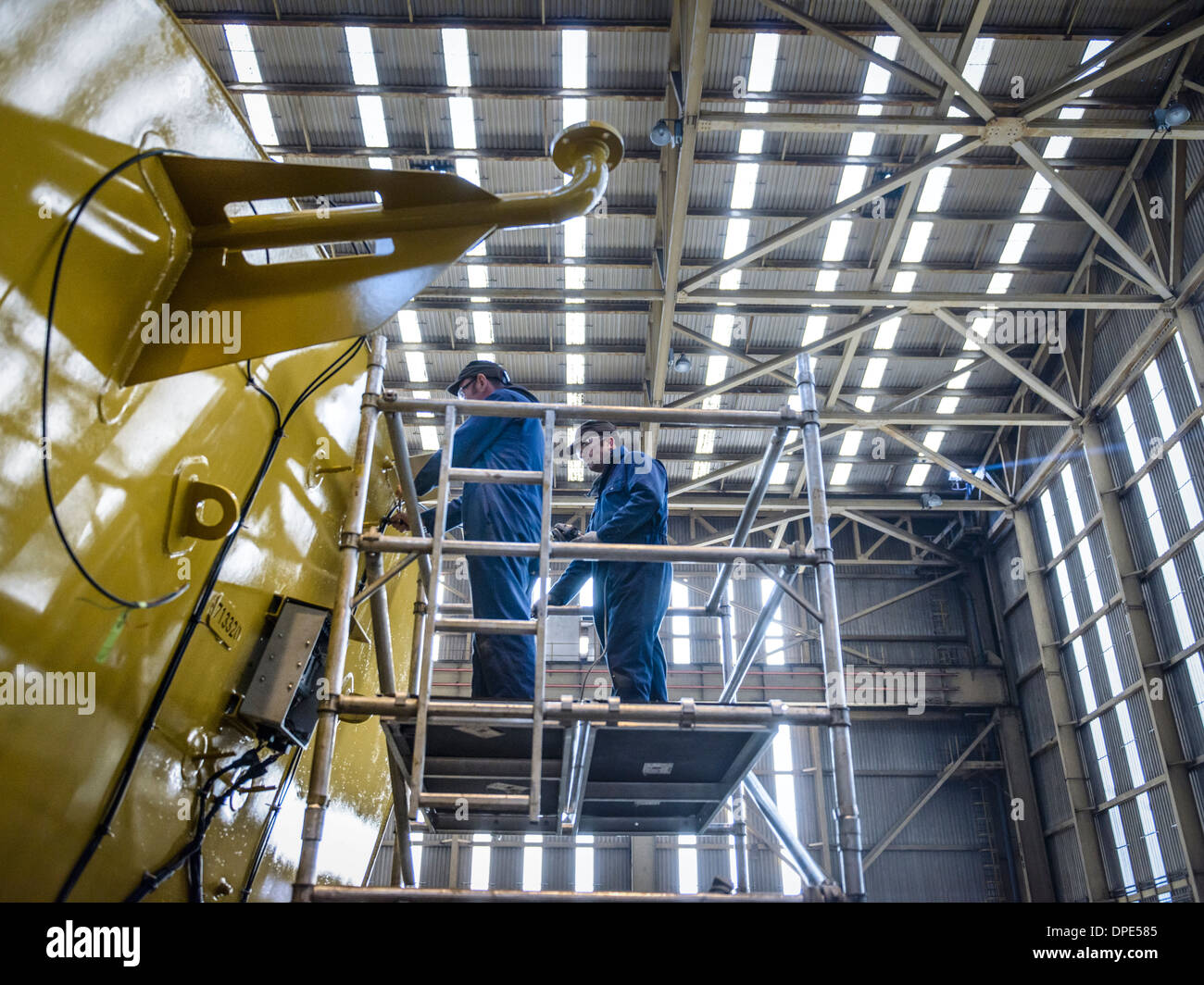Within the busy world of construction, scaffolding serves as an integral element that guarantees safety and efficiency on job sites of varying scales. As projects grow in complexity and scope, the demand for skilled scaffolding contractors rises. These professionals not only provide crucial structural support but also play a vital role in maintaining safety standards and complying with regulations. For those unfamiliar with the construction landscape, understanding what scaffolding contractors do can be a gateway to recognizing their importance in delivering on-time projects.
Regardless of whether you are a property owner planning a renovation or a builder running a large-scale construction site, knowing the details of scaffolding can be extremely beneficial. In this article, we will navigate the intricacies of scaffolding through expert insights from leading contractors in the field. From safety practices to the evolution of materials, we will explore the many facets of scaffolding and how hiring certified professionals can make all the difference in your project's success. Come along as we delve into the vital role scaffolding contractors play in molding safe, efficient, and sustainable construction practices.
Comprehending Scaffolding Specialists
Scaffolding specialists focus in the planning, setup, and maintenance of scaffold systems that support building jobs. Their knowledge is crucial for offering secure and dependable access to elevated work spaces, making sure that workers can perform their duties without jeopardizing their safety. These contractors collaborate closely with builders and engineers, utilizing their expertise of various scaffold types and arrangements to meet the unique demands of each project.
A key component of scaffolding contractors' work is compliance to security regulations and protocols. They are accountable for assessing a building location, identifying the best appropriate scaffold option, and implementing it effectively. This includes not only the physical construction but also performing thorough inspections to ensure that the scaffolding remains stable throughout the project's duration. Their role is vital in reducing risks related with operating at elevated levels, which can include falls and other incidents that may happen without adequate safety protocols in position.
Moreover, expertise and knowledge are vital attributes to seek when hiring scaffolding contractors. A well-established specialist will have a strong track record and the required certifications and insurance, ensuring adherence with local laws. By recognizing the importance that qualified scaffolding specialists contribute to a job, customers can make educated choices that contribute to the overall effectiveness and security of their building endeavors.
Ensuring Safety and Compliance in Scaffolding Operations
Guaranteeing safety and compliance is crucial in scaffolding operations, where the dangers associated with working at heights can be substantial. Professional scaffolding contractors are well-versed in the most current safety standards and industry standards, which are critical for ensuring the safety of both workers and the integrity of the construction site. They implement comprehensive safety measures, including proper training for personnel, the use of top-notch materials, and regular safety audits to identify potential hazards before they escalate into problems.
Compliance with local laws and regulations is an additional critical aspect of a scaffolding contractor's responsibilities. This involves securing the necessary permits and complying with safety codes, which differ from one jurisdiction to the other. Contractors not only understand these legal requirements but also emphasize them in their planning and execution. By doing so, they minimize the risk of accidents and guarantee that projects continue on track while meeting all legal obligations.
In addition, scaffolding contractors utilize rigorous inspection protocols to maintain the safety of scaffolding systems throughout the project lifecycle. Routine inspections identify wear, structural issues, and any compliance gaps, allowing for swift repairs or upgrades. This proactive approach not only enhances safety but also fosters a culture of accountability and care on the construction site, assuring clients that their projects are in skilled hands and that the best safety standards are being upheld.
Choosing the Suitable Scaffolding Options

Choosing the suitable scaffolding options is vital for the success of any construction project. It begins with analyzing the distinct needs of the project, comprising the height, load requirements, and duration of the work. Understanding these factors aids in selecting between different types of scaffolding such as supported scaffolds, suspended scaffolds, or modular systems. Each type has distinct advantages and applications, so collaborating with an skilled scaffolding contractor can provide the expertise needed to make an knowledgeable decision.
Security is another key aspect when determining scaffolding solutions. Professional scaffolding contractors are knowledgeable in safety regulations and best practices, guaranteeing that the selected scaffolding meets all compliance standards. This not only safeguards the workers but also contributes to the overall efficiency of the project. Furthermore, contractors usually conduct thorough assessments to identify potential hazards related to the opted scaffolding system, allowing for anticipatory risk avoidance.
Finally, cost-effectiveness must be taken into account when selecting scaffolding solutions. While it can be tempting to opt for the cheapest option available, investing in high-quality scaffolding from reliable contractors can conserve money in the long run. https://www.scaffolders-kent.uk/best-scaffolding-in-kent/ provide reliable setups that reduce the chances of delays or accidents, ultimately maintaining the project on schedule and within budget. By weighing the initial investment against potential savings, project managers can make better-informed decisions that advantage the entire construction process.
